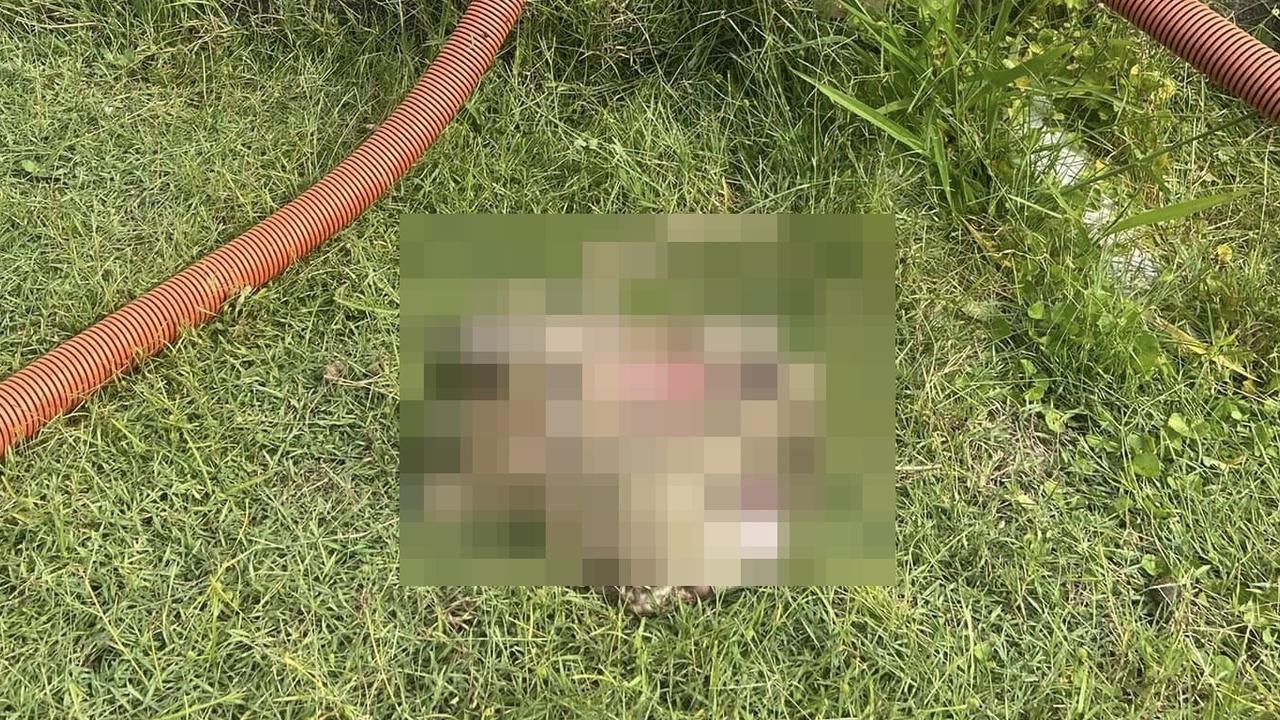Older people feel their healthcare is a waste of resources
We’re living longer and healthier lives but the health system hasn’t kept up, and older people are missing out. Here’s the truth about ageism.
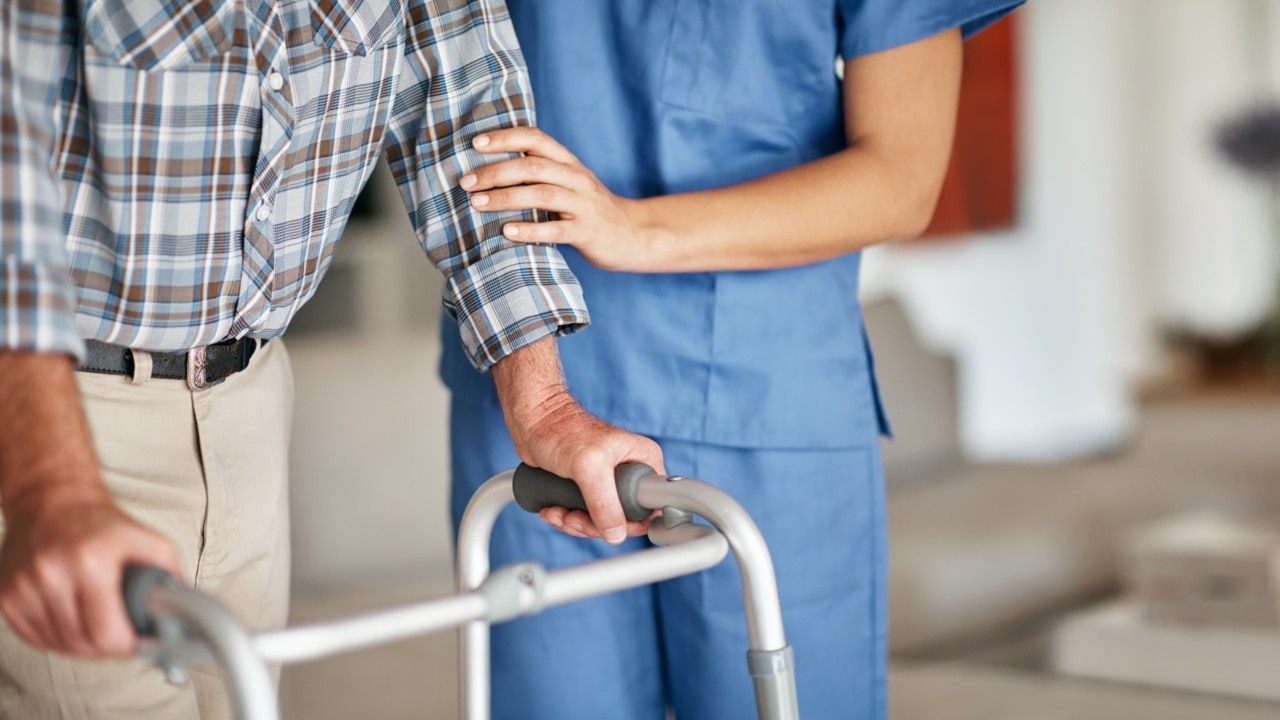
Health
Don't miss out on the headlines from Health. Followed categories will be added to My News.
Australia’s health system starts to give up on people in their mid 70s, it can be revealed.
Half of all older people have experienced ageism by medicos, including being denied treatment, disrespected or discriminated against.
The worst bias against senior patients is for joint replacements, cancer and sexual health.
Even the federal health minister admits it is a problem, having seen first hand older people treated “as infants”.
Our investigation has found key preventive health programs for bowel, breast, cervical, and the new lung cancer screening service all cut out when a person turns 74.
That is 10 years ahead of the average life expectancy of 83 years – 81.3 for men and 85.4 for women.
With more than 203,000 Australians now surviving past the age of 90, experts want the screening age lifted.
“They need to be screened up until a stage where they are no longer otherwise medically suitable to do anything, not simply a chronological age,” Bowel Cancer Australia’s medical director Professor Graham Newstead said.

Nearly half report age discrimination
A survey of 1400 people by the Benevolent Society found 47 per cent of older patients reported age discrimination including from GPs (50.82 per cent), specialists (49.18 per cent) and public hospitals (36.07 per cent)
Another survey found doctors were denying older Australians treatment because they were “too old” and politicians considered them “bed blockers”.
The “What Can You Expect at Your Age” survey by the Older Women’s Network and Health Consumers NSW revealed one in two elderly people faced age discrimination in health care and believed the profession deemed them a “waste of resources”.
One elderly woman reported being told that it was not possible for her to have cervical cancer – and that it was not necessary to be tested – as she was “too old” to have sex.
An 82-year-old woman had her GP dismiss and fail to treat her badly disfigured and bent arthritic hand even though there were treatment options.
A 96-year-old woman who was injured in a scooter accident was given nappies because nurses refused to walk her to the toilet, and the hospital insisted on discharging her to a nursing home rather than a rehab hospital.
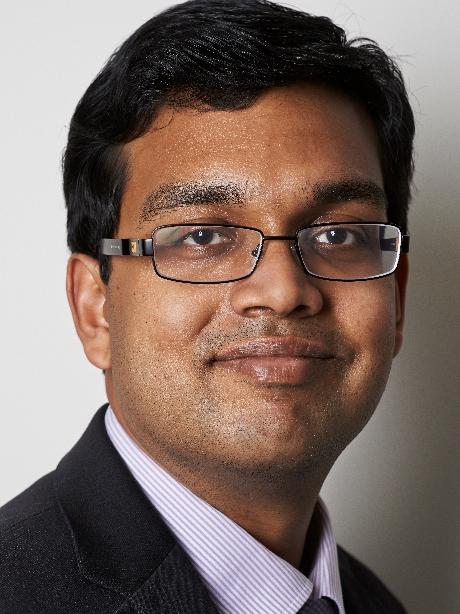
‘Ageism is prevalent at virtually every level’
Psychiatrist Dr Neil Jeyasingam, who has reviewed multiple studies into elderly health, found “ageism was prevalent at virtually every level of health care and was worst when it came to joint replacements, cancer and sexual health”.
“The actual doctors themselves usually don’t think they’re being ageist. They think that it is reasonable,” he said.
Alarmingly, Dr Jeyasingam said when given a dummy case study – with the age of the patient lowered – doctors changed their treatment recommendations completely.
“So if you had a fit, healthy, older person, that didn’t matter, the fact that they were older meant that they got less care,” he said.
“There’s this phenomenon that’s been found at multiple levels called elder speak, where tape recordings of specialists speaking to older people found they use shorter utterances, more repetitions, less side effects and minimise the consequences more often.”
The Australian Association of Gerontology CEO Ms Renu Borst said older people often missed out on treatment because “older people themselves internalise ageism, so they think their health issues are normal ageing”.
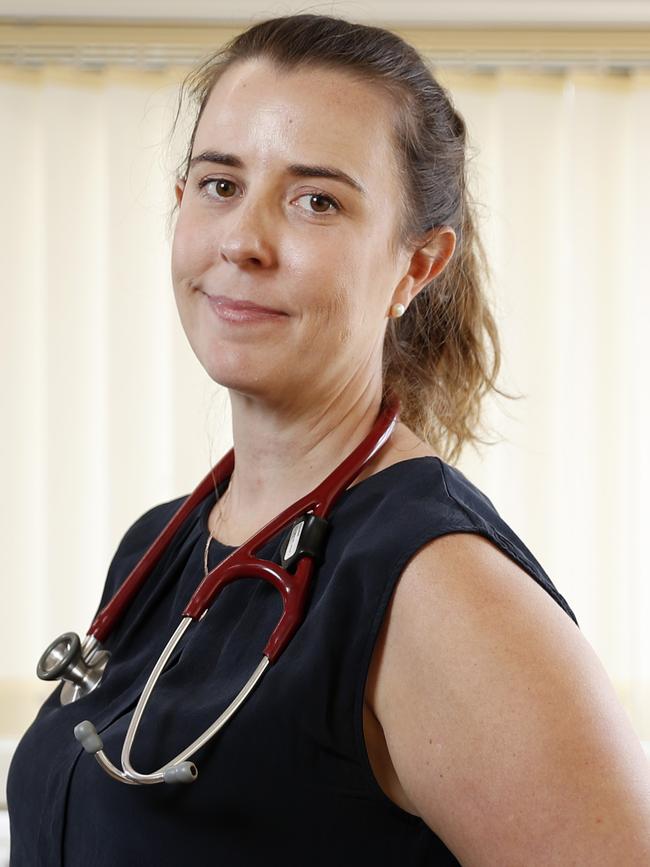
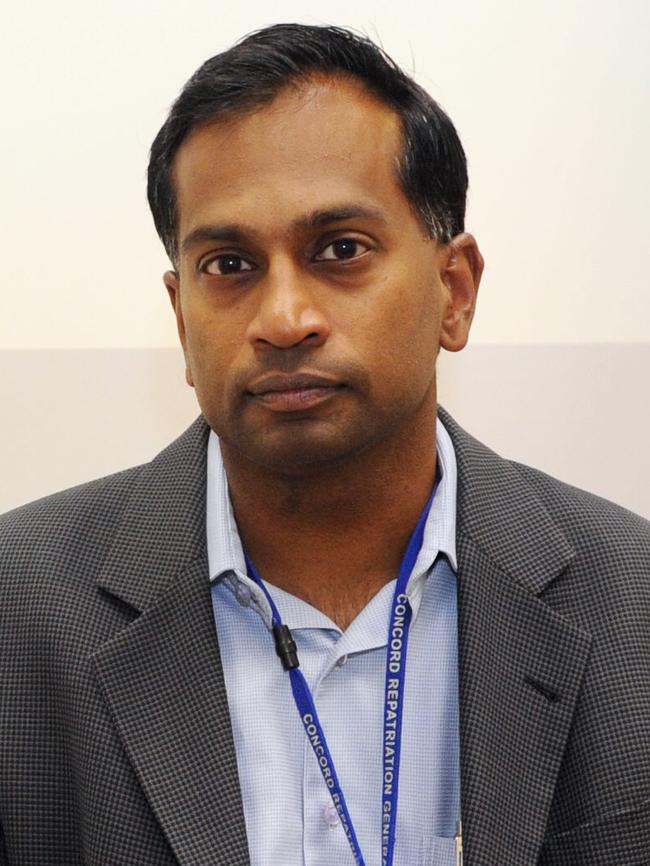
Will MyMedicare reforms help?
Health Minister Mark Butler said he’d seen age discrimination first hand in visits to nursing homes.
“It’s something I’ve witnessed all too often in my visits to aged care facilities. Maybe you have too. People talking to older people in childlike, singsong voices,” he said during the Hugh Stretton Oration he gave at Adelaide University last month.
“We must change this tendency, deeply rooted in modern consumer culture, to treat older people, either visible or invisible, as objects of derision.
“One of the worst things we do to older people, especially frail older people, and people with dementia, is treat them as infants.”
He said his MyMedicare reforms would allow for a more integrated system of multidisciplinary team-based health care for older people that recognises and supports their complex physical and mental health needs.
Australian Medical Association spokeswoman and GP Dr Danielle McMullen said “the health system needs to communicate better about care of older people”.
Problem with age cut-offs
University of Sydney Professor of Geriatric Medicine Vasi Naganathan said it was wrong to equate cut off ages in health screening programs with age discrimination.
“Does the health system give up on older people? The answer is no because the majority of people in hospitals are older, so looking after older people is core business in our health system,” he said.
“If they are frail, it’s a fine balance. You can over treat and cause harm. I wouldn’t say they’re being ageist, I’d be saying they’re being a really good doctor because they understand that frail, older people are vulnerable and at risk.”
Australians older than 74 who wish to undertake cancer screening can ask their doctors for testing.
Bowel cancer screening guidelines are currently being reviewed but the draft rules still have the program cutting out at age 74, although it would start at the younger age of 45.
Bowel screening kits may be made available through Medicare or alternatively if your GP believes you should be tested, private bowel screening kits are available for purchase at pharmacies or online.
Cervical cancer usually takes 10-15 years to develop so guidelines reckon it is highly unlikely women aged over 75 who have been regularly screened will go on to develop cervical cancer.
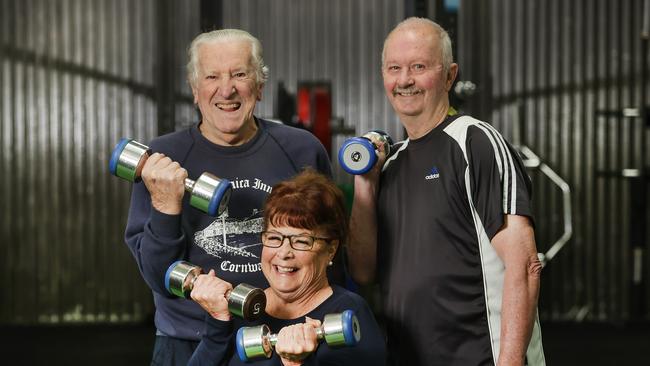
Wendy Breese, 75, works out at the gym six days a week to maintain her health and believes young and old people deserve equal access to health care.
The retiree said it was unfair that health screening programs cut out when a person turns 74.
“I don’t think that’s fair at all. You’re entitled to have a good life and have the same opportunities as everybody else,” she said.
The grandmother of three has had both her knees replaced and was told she had bounced back to health quickly because she was so fit.
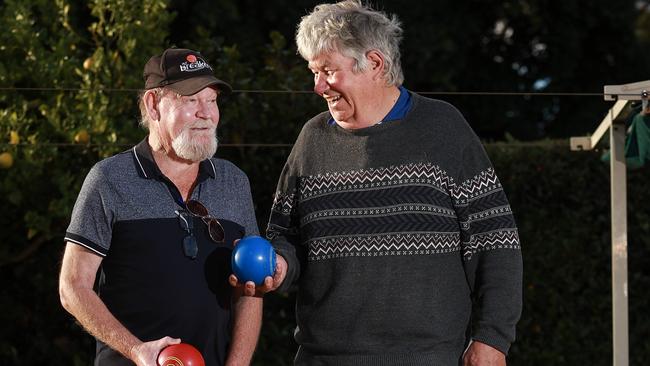
Bill Green 68, and Craig Harford, 66, who play bowls at the Leichardt Bowling Club (Please leave in) have mixed views on the health system.
Both said they had never been discriminated against by doctors or hospitals but
Mr Harford, who works in a public hospital, said screening programs should be extended to people of older age.
Mr Green disagreed, explaining if a person could afford a few beers but “can’t pay 30 bucks every two years to have bowel screening well, I think there’s something wrong,” he said.
How to get the best health care
• Ask a friend or relative to be your advocate in the health system.
• Ask the health practitioner what is the evidence for the refusal to carry out a particular treatment.
• Ask for the decision to be put in writing. It forces the doctor to think about why they’re doing it.
• Ask for a second opinion.
• Ask what are the side effects you can expect? If you are worried about a particular thing happening, ask whether or not this is going to happen.
• If you have cancer, don’t go private – it often costs you a lot of money. In the public system the wait of two years ago is no longer than it was 22 years ago.
•You can still get a free bowel screening test after age 74, just ask your doctor. You won’t be sent a reminder letter.
•You can purchase a bowel screen test kit from the chemist for $30.




